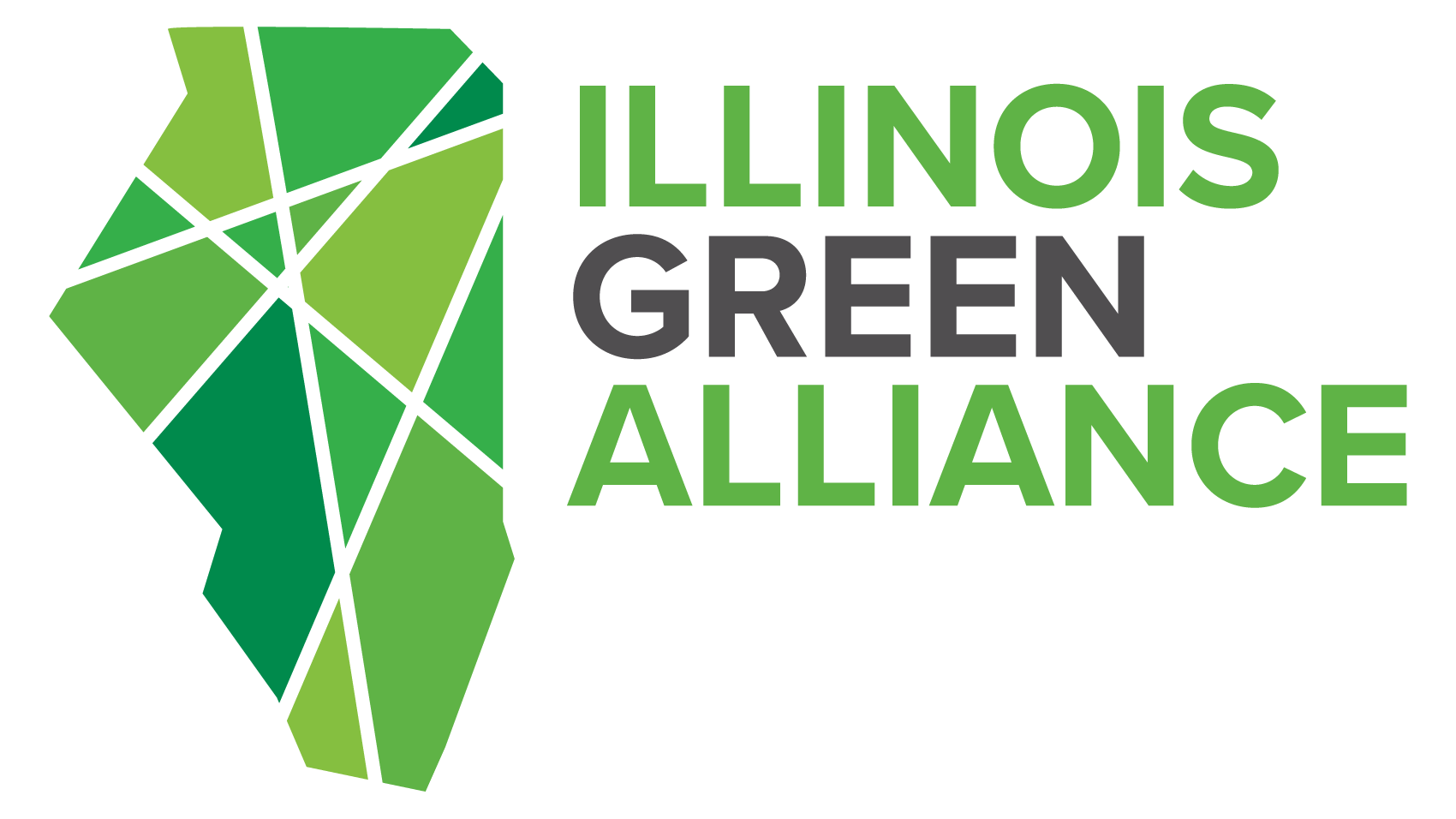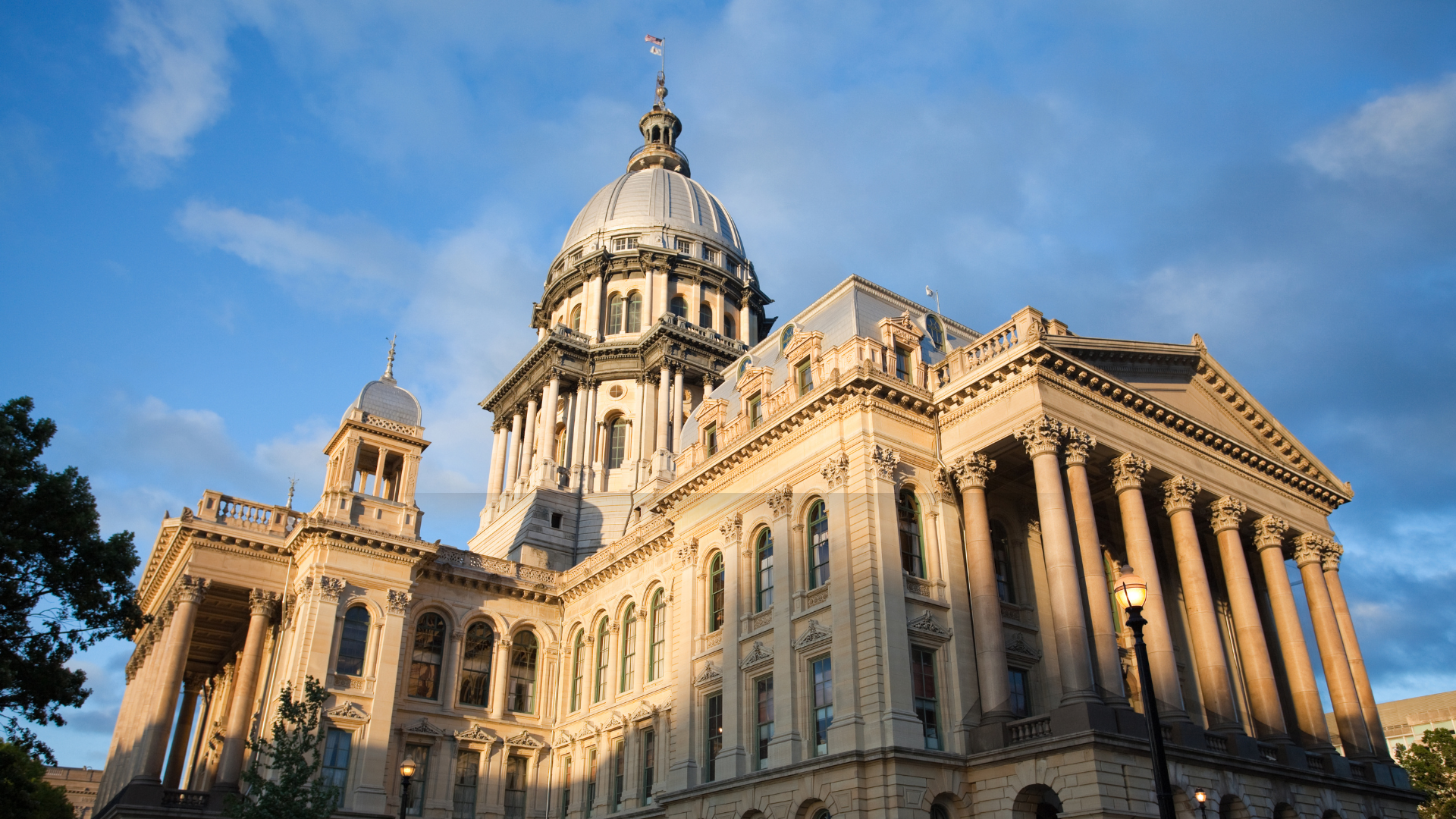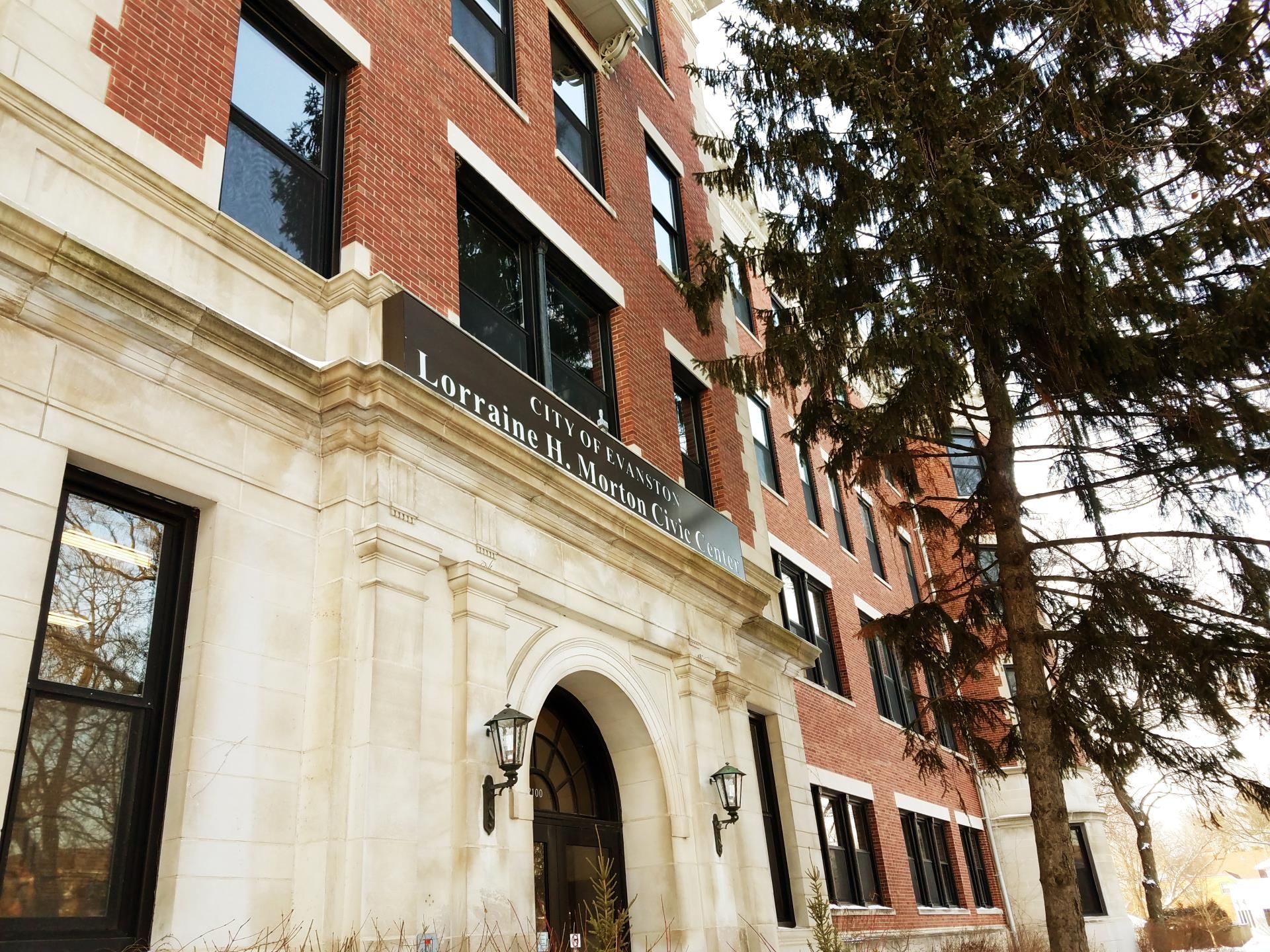The New Administration and Pushing Local Clean Building Policy Forward: Illinois Green Alliance November Policy Update
With a new federal administration comes significant changes to the landscape for clean energy, environment, and building policy over the next four years. Key Trump department nominees help provide a sense of the direction we can expect. Lee Zeldin for EPA Administrator, Chris Wright for Energy Secretary, and Doug Burgum for Department of the Interior have set an agenda of broad deregulation and sweeping cuts to government agencies that would significantly reduce the federal government’s ability to set policy, enforce regulation, and administer programs. Building-specific targets include rollbacks on appliance efficiency standards, weatherization programs, and code adoption assistance. Also on the chopping block is the Inflation Reduction Act (IRA), which still has billions yet to be spent on clean energy grants, energy efficiency rebates, and other sustainability programs.
With the table set, a complete rollback of climate legislation is not a foregone conclusion. In August, 18 Republican house members signed onto a letter to Speaker Mike Johnson to oppose any repeal of the IRA, describing the law as beneficial for their districts. Still, government agencies are hedging their bets by distributing as much funding as they can before the new government takes shape. Though President Trump has more direct control over government agencies and administrative rules, there are still challenges that will limit anti-climate action.
No matter what happens at the federal level, state and local action has become even more important in the fight against climate change and Illinois is a national leader on that front. Illinois reduced overall emissions by 225.29 million metric tons of CO2 from 2005 to 2022, which amounts to a 25% reduction and our progress on greenhouse gas reduction far exceeds the United States as a whole (15%).
From this, it is clear that strong statewide climate policies like the Climate and Equitable Jobs Act (CEJA) and Future Energy Jobs Act offer a clear path forward in the face of national uncertainty. These landmark pieces of legislation have created opportunities to push building decarbonization forward by funding clean job trainings, energy efficiency programs, and renewable energy grants. These initiatives are key as building-related emissions accounting for over 70% of the state’s GHG impact and action in our industry is the key towards meeting climate goals.
With a foundation of ambitious environmental laws and the support of key policymakers in the state, there is optimism about Illinois’ progress towards its climate goals. Consider that there is still a magnitude of climate initiatives across the state still underway. Key CEJA programs like the stretch energy codes and clean workforce training centers are coming in the immediate future. The Illinois EPA will be rolling out its $430 million Climate Pollution Reduction Grant over the next two years—with $172 million of that dedicated to building decarbonization. The newly formed Illinois Climate Bankhas obtained over $395 million in various funding sources to support a range of programs ranging from Solar for All grants to clean building bridge loans.
Keep in mind that those are just some of the current plans across the state. However, there is still plenty left to do. The same report that showed Illinois’ overall climate progress also found that building sector emissions have risen. Organizations across the state, including Illinois Green, are committed to continuing to reach net zero and will fight against any federal measures that damage that effort. Over the next few years, it is up to industry professionals and advocates to take up the fight, build upon the progress that we’ve made in our state, and make Illinois a national leader in net-zero.




